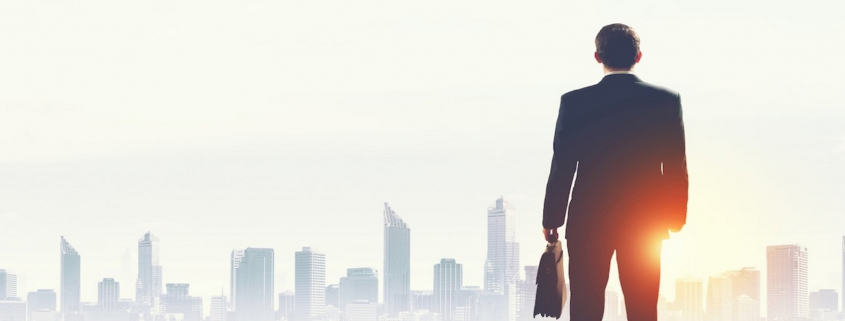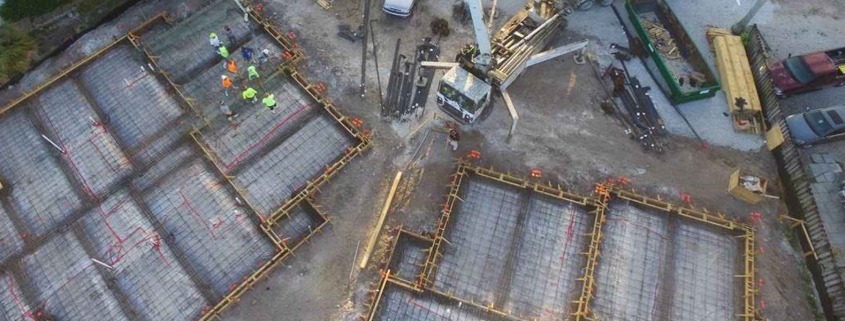The largest zoning code overhaul in Miami history was given a preliminary green light.
Moishe Mana‘s massive special area plan, a mechanism used for projects of more than 9 acres that permits a developer to mold zoning within existing regulations, nabbed a unanimous OK from city commissioners Thursday evening.
The New York developer is pursuing a sprawling, multi-phase project in Miami‘s once crime-laden industrial neighborhood now known as the Wynwood arts district. The 20-plus acre development requires an overhaul of regulations in the city’s recently established Neighborhood Revitalization District, a zoning code specific to Wynwood intended to keep its arts-oriented environment intact and luxe high-rises out.
Labeled Mana Wynwood, the special area plan would be the largest-ever in Miami. It’s with this mechanism that the mega-developers behind Brickell City Centre and Miami’s Design District were able to build, said Iris Escarra, a Miami-based shareholder with Greenberg Traurig. The land use attorney is representing Mana‘s team along with Greenberg shareholder Carlos Lago in Miami.
“We’re taking it to the next level,” Escarra said of the current zoning.
Mana‘s team is planning a major commercial venue centered on arts and culture, with some added residential components.
The anchor attraction will be Mana Contemporary, a museum modeled after the developer’s 300,000-square-foot entertainment venue in New Jersey. A quarter of the land will be kept as open space. Mana Commons, a proposed 2.5-acre park, was likened to Millennium Park in Chicago during Thursday’s meeting.
“This is truly a transformational project,” said Bernard Zyscovich, founder of Zyscovich Architects, the firm designing the venue. “It’s unusual because unlike most of the clients that walk into my office, this is not a project driven by residential development.”
The architect touted the Mana‘s vision in creating jobs via mixed-use commercial space catered to the arts and cultural education.
“Once completed, Mana Wynwood would result in 22,000 direct and indirect full-time jobs,” Zyscovich said.
City commissioners asked the team to include benefits and job opportunities for Overtown residents before bringing the plan for its second reading in late July.
The Wynwood Business Improvement District has worked feverishly with Mana‘s team over the past year to ensure the mega-development is compatible with Wynwood‘s unique character and the most recent zoning.
David Polinsky, a member of the BID‘s board, said the group will back the development subject to three major conditions: The Mana team should support the expansion of the BID to include the western area of the plan; Mana properties bordering Northwest 22nd Avenue, or the “Calle Ocho” of Wynwood, should follow the neighborhood’s current zoning; and the area’s temporary uses should be restricted, including the special events Mana can host, until shovels hit the ground.
Source: DBR







